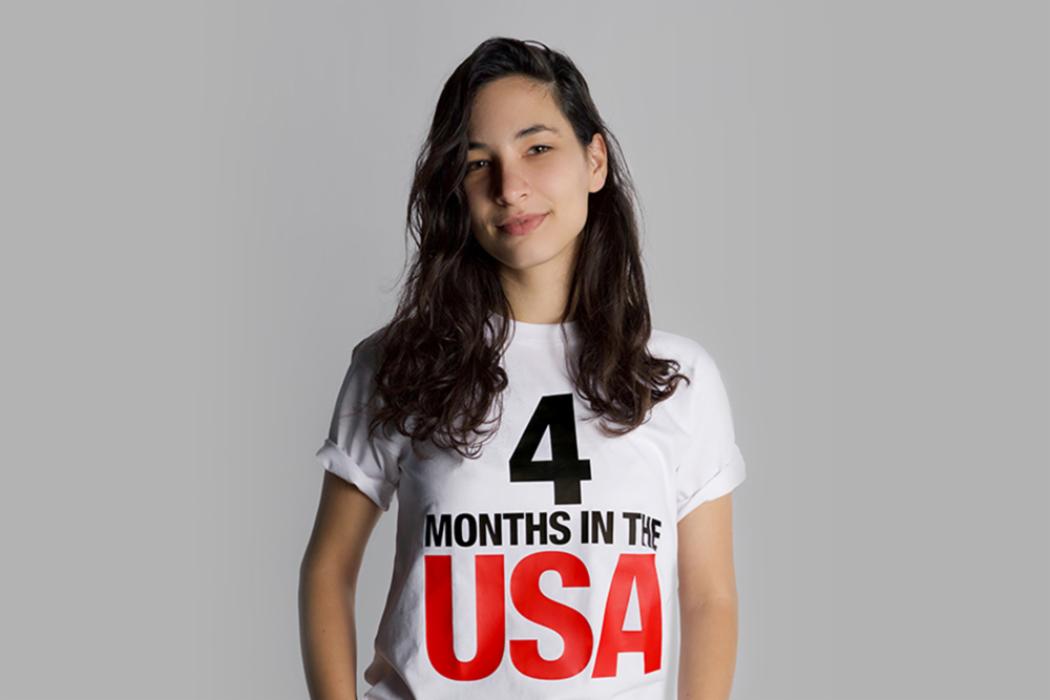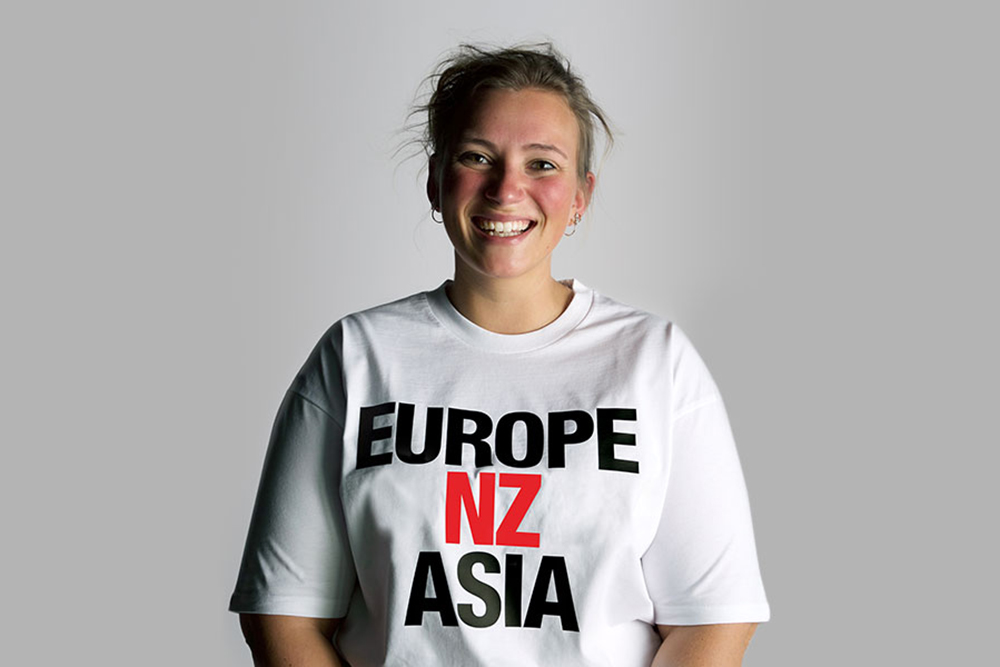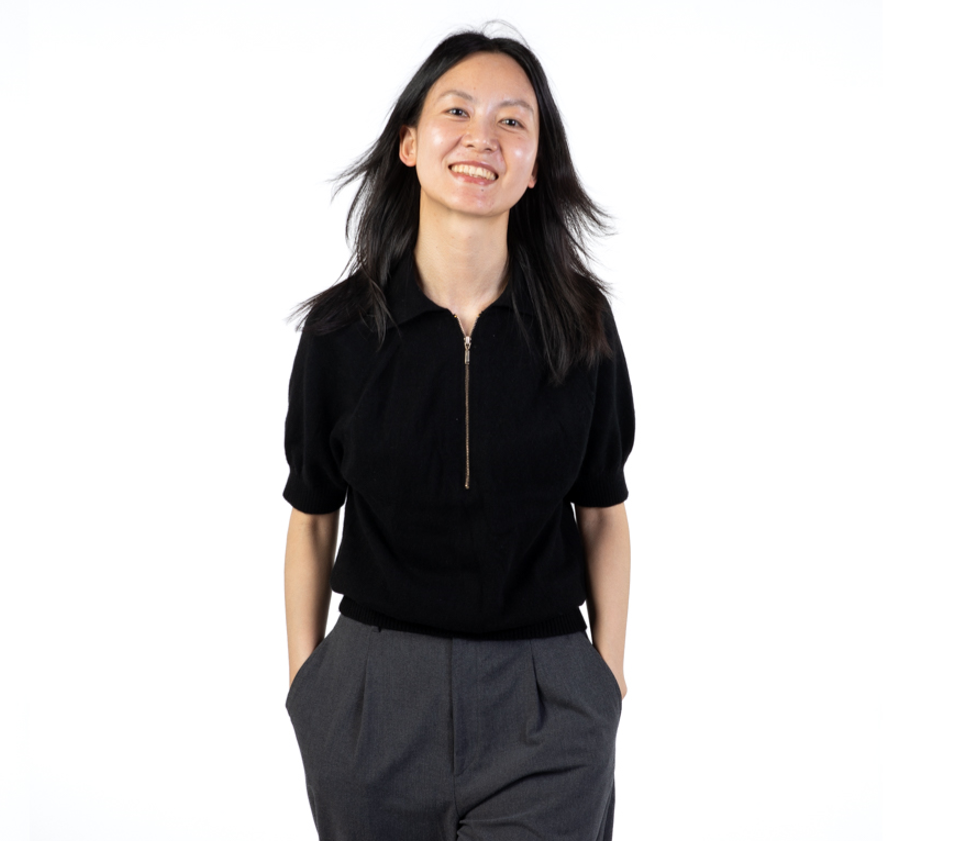Graduates with this degree are employed in a range of jobs — see some examples below.
Note: Some of the jobs listed may require postgraduate study. See the ‘Further study’ section.
Ministerial coordinator
- Prepares and coordinates correspondence for government ministers
- Drafts official information requests
- Completes project work to help design and streamline processes and procedures
Project coordinator / assistant, programme administrator
- Coordinates, tracks and reports on projects or programmes
- Manages project/programme documentation and budgets
- Understands project or programme plans and manages work streams
Policy analyst / advisor
- Identifies and investigates issues and opportunities eg, in society, law or governance
- Interprets and consults on existing policies
- Prepares reports and recommends changes
Communications advisor
- Researches, writes, edits and produces content for various audiences and mediums
- Develops communication strategies
- Advises on media relations and PR budgets
Iwi relations, international partnerships coordinator, relationship manager
- Liaises between organisations or groups of people eg iwi and regional councils, universities
- Supports a partnership or aligned systems for mutual or broader benefit
- Influences decision-makers, policy or strategy discussions and brokers solutions
Journalist / reporter
- Researches and gathers information
- Interviews relevant people
- Writes reports/stories across media platforms
Research advisor / coordinator / assistant
- Organises and conducts research
- Tests theories and interprets the results
- Writes reports and makes recommendations
Tertiary lecturer
- Prepares and gives lectures and tutorials
- Sets and marks assignments and exams
- Conducts research, writes and publishes articles
Primary school teacher
- Prepares learning activities for 5–13 year olds
- Teaches and marks subjects like social studies
- Develops children’s social skills and behaviours
Tutor
- Plans lessons according to individual ability or a group's study level
- Teaches students subject knowledge and skills
- Encourages interaction and practical application
Entrepreneur and CEO
- Develops an idea, product or service
- Gets involved in a start-up
Get started with Entrepreneurship here





